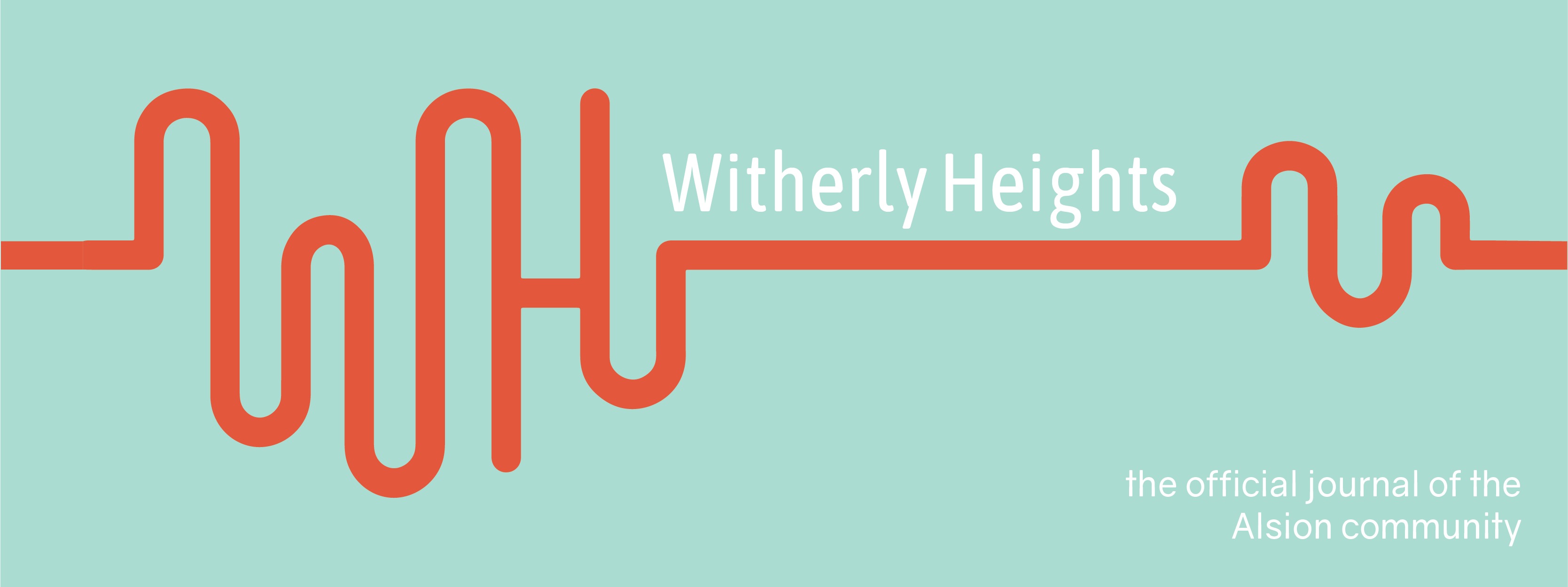AP Literature exam tips
Image Credit: https://www.thoughtco.com/when-to-cite-a-source-1857338
In 10th grade, Alsion students take both AP Literature and AP Language, classes normally taken in separate years in the 11th and 12th grade. The exams are challenging, and can feel daunting. Because of this, I explained the structure of the AP Literature and Composition Exam and compiled some advice that may help you succeed.
By: Adi Kumar
Last week, I took my first full-length practice AP Literature and Composition exam. I had taken practice exams before, but only in isolation, meaning the experience was novel, and posed difficulties in surprising ways.
However, before discussing tips for the exam, it is important to understand how the exam is organized. Overall, the AP exam is scored out of 5, with scores 3 to 5 being a passing score, proving you have the capability to pass that subject’s college class. If you score from 3 to 5, some colleges allow you to skip the equivalent course in college, although some only accept a 4 or higher.
With that in mind, the AP literature exam is divided into two sections: the MCQ and the FRQ. In the MCQ, you are given 60 minutes to answer 55 questions from five passages, either prose or poetry, with 8 to 13 questions per passage. This section is worth 45% of the exam score. After a short break, you are presented with the second section—the free response questions. For these questions, you write an essay given the prompt. You are given two hours to answer the questions, meaning you have an average of 40 minutes per essay. This is not very much time to write an entire essay, so managing your time is vital. However, it is important to note that you are not expected to write a perfect essay. Rather, you are simply meant to write a draft. Still, the free response questions are definitely the most challenging section of the exam.
MCQ
In the MCQ, some passages will be more difficult than others. In my opinion, the poetry passages are more difficult because they tend to be more abstract. The questions can be about comprehension, themes, character analysis, and more. The answer options are often tricky, with multiple answers appearing to be viable. Here are some tips to help with the MCQ:
- All parts of the answer must be correct. If even one part of the answer does not apply, then the entire answer is incorrect.
- Take your time to read the passage carefully and underline any important lines you notice.
- Ignore obviously wrong answers
- Have confidence! I’ve changed my correct answers to wrong ones because I have overanalyzed my responses.
Another tip I found, interestingly, was that some of the questions and answer selections provide context for the passage. So, if you are struggling with comprehension of a particularly difficult passage, try observing the context the questions provide.
FRQ
In section 2 of the AP literature exam, there are three essays. The first free response question is poetry analysis, the second prose analysis, and the third an open prompt. In the first and second essays, you will need to read a passage, read the prompt closely, and use that prompt to guide your analysis of the passage through literary elements and techniques. For these two questions, Mr. John suggests spending about 7 minutes reading the passage and planning the essay, leaving you with about 33 minutes to write the essay. Since you will be taking the exam digitally, be sure to highlight key quotations during your reading to prepare for the writing portion.
Essays are grading out of 6, with 0-1 points for providing a defensible thesis, 0-4 for evidence and commentary, and 0-1 points for sophistication.
Essays are graded out of six and are graded for:
- 0-1 points for defensible interpretation
- 0-4 points for evidence and commentary
- 0-1 points for sophistication
Miscellaneous advice
And of course, general exam tips still apply. You should sleep well before the exam in order to be well rested, and eat well because you will use a lot of energy. I would recommend bringing a snack to eat between the two sections as I found myself hungry halfway through. Furthermore, preparing for the exam is obviously beneficial if you wish to score well, and a variety of materials are available for you. In my opinion, the best way to improve for the exam is simply to practice. For the MCQ, practice tests are available in AP classroom. For the FRQ, prompts from previous years are available on AP classroom along with student sample essays with scoring commentary. Such information can help inform you on how AP graders analyze your writing as well as provide insight into the qualities of high scoring essays.
While the AP Literature and Composition Exam can be stressful, be aware that this will not make or break your college application. While scoring well on the exam may allow you to skip a required class in college, it will not greatly impact your college application. However, AP Literature is still important, as taking the class provides writing and analytical skills that will prove valuable while taking classes in Ohlone.
The Essays
The essays are definitely the most difficult part about the exam
- Overall, you want to be able to develop an interpretation of the literary work, and hopefully have a generalized interpretation — the “moral of the story”
- Don’t force yourself into fitting a predetermined essay structure
Scoring
- Thesis (0-1)
- Evidence and commentary (0-4)
- Sophistication (0-1)
- Most elusive, mostly style? Situating interpretation in broader context, complexity
Frq 1 (poetry analysis)
Frq 2 (prose analysis)
Frq 3 (thematic analysis)
- Given a prompt, respond using a book from the ones you’ve read in class over the past school year
- Ignore list of books
- Needs preparation, specific illustrative details to allow reader to visualize
- More impactful, stronger impression

Leave a comment